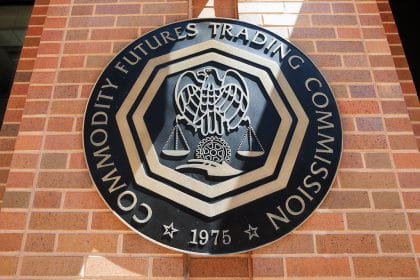The SEC did not reveal the number of additional investors that the new amendment covers. However, it said it will target people with knowledge about private offerings.
The U.S. SEC – Securities and Exchange Commission – has expanded the qualifications for accredited investors. With the new rules, the SEC has lifted the restrictions on the old definition of an “accredited investor”. Now, more investors will have access to buy shares in private companies. In addition, public companies may now enjoy more ease on the disclosure of legal proceedings.
Before now, the SEC defined an “accredited investor,” as an individual whose annual income is over $200,000 for each of the last two years, or earns $300,000, if combined with a spouse’s income. Also, an accredited investor included an individual or a couple with a net worth of over $1 million. In addition, the value of the net worth excluded the worth of their primary residence.
SEC Makes New Rules for Accredited Investors
Simply put, the new rules for investors will enable people with professional certifications to buy shares in private companies. In other words, they will also become accredited investors and have access to invest in private companies.
Furthermore, the new adjustments will also affect corporate entities that can qualify as accredited investors. SEC chairman Jay Clayton said:
“I am pleased that we have expanded and updated the list of entities, including tribal governments and other organizations, that may qualify to participate in certain private offerings.”
Also, the changes in the rules will cover family offices that have a minimum of $5 million in assets. Apart from this, it will enable foreign nationals and residents of Native American reservations to qualify as accredited investors.
The SEC did not reveal the number of additional investors that the new amendment covers. However, it said it will target people with knowledge about private offerings.
In addition, the SEC eased regulations on companies’ disclosures. The new rules will relieve public companies on disclosures of legal proceedings and risks.
Clayton commented on the recent development:
“For the first time, individuals will be permitted to participate in our private capital markets not only based on their income or net worth, but also based on established, clear measures of financial sophistication.”
Americans React to the New SEC Rules
In the past, the old SEC definition for accredited investors received criticism by many Americans. An investor and founder of Backstage Capital, Arlan Hamilton, expressed her displeasure with the former SEC rule in a tweet. Now, Americans are praising the adjusted definition as the guidelines are a lot more inclusive.
If you make less than $200k, you can buy $1,000 worth of lottery tickets every day of the week, but can’t invest in most private companies. Many of us don’t think that’s right & also think it’s hindering Black wealth creation. So I told the SEC. @Law360 https://t.co/F2cJwvuvTD
— Arlan 👊🏾 (@ArlanWasHere) June 19, 2020
SEC commissioner Hester Peirce also known as the “crypto mom,” commented on the new rules the following:
“…but today’s accredited investor rule at least offers people a path to ask permission based on their education, rather than simply telling them ‘no, unless you’re rich.’
On the other hand, Sheel Mohot, an investor in pre-seed and seed-stage fintech companies, has criticized the new rule in a recent tweet. According to Mohot, the new SEC move is “not meaningful.”
